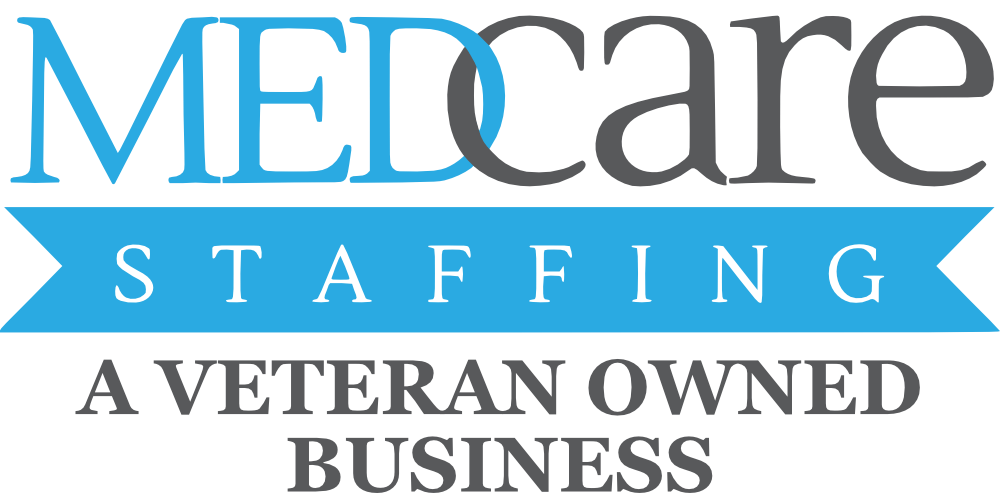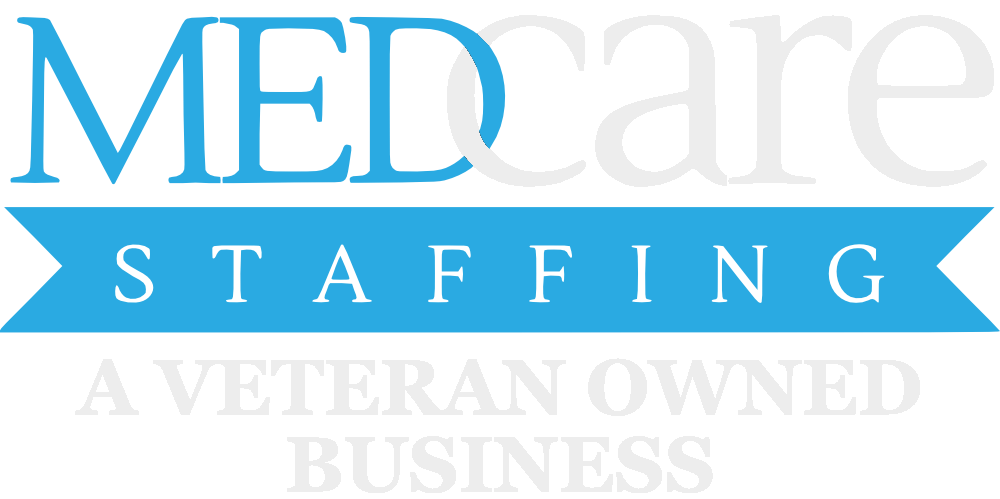
Tax time is around the corner and locum tenens offers a new type of freedom with many benefits to those in the medical field. From schedule flexibility to traveling all over, the possibilities are endless. Accepting temporary contracts through locum tenens also provides an opportunity for supplementing your income.
While locum tenens professionals work with a staffing agency, they are not employees of that agency or the healthcare facilities they work in; they are independent contractors. This brings its own fiscal responsibilities, so we have compiled some tips for being money-smart while working locum tenens jobs.
Set Aside Funds for Taxes
Locum tenens workers are compensated in gross, which means that they are paid in full for the hours they work without any state and federal tax deductions. You are still responsible for paying taxes on your income earned during each contract. Most contract workers and financial advisors suggest that you set aside a portion of each paycheck to account for tax payments. That way, when April 15 rolls around, you won’t be caught off guard with a hefty tax bill. The IRS has a helpful form, IRS Form 1040-ES, that helps you calculate how much you will owe in taxes.
Pay Estimated Quarterly Taxes
Most state tax agencies and the IRS encourage contract workers to make estimated payments every quarter, which means paying them in April, June, September, and January of the following year. There could even be late fees applied for missing these deadlines. It is also essential to know that contract workers are required to pay self-employment tax. This tax covers social security and medicare, and this payment typically occurs when filing your annual tax return.
Contribute to Retirement Accounts
A great idea to make sure that you have a retirement fund set up. An easy way to make sure that you pay into it is by putting away some money when paying your quarterly taxes. Not only are you helping to set yourself up in the future, but most of these contributions can be considered tax-free, thus lowering your overall taxable income.
Keep Track of Records While on the Road
Conveniently, locum tenens staffing companies take on the cost of housing and transportation for assignments. While they take care of the basics, you are going to inevitably have some expenses while on contract, including meals. The IRS allows you, as a contract worker, to deduct costs of doing business away from home that are not typically reimbursed (i.e., meals).
You should be keeping track of your receipts for the purchases made while you’re on contract. Still, you should also maintain a record of healthcare insurance premiums, licensing, and professional services, such as hiring a lawyer or accountant. These can be submitted as deductions, which are typically done with a profit and loss statement in your tax return.
Dailyfinance.com states that contract workers who claim less than $5,000 in business expenses and who do not report net losses can use the Schedule C-EZ Net Profit From Business form.
Whenever taxes or finances are involved, it is always a good idea to be safe and check in with a tax specialist or a certified financial advisor, to make sure that you are on track.
While a locum tenens lifestyle requires you to assume a more proactive approach to managing finances, it is also true that this lifestyle can provide an impressive return on your investment in it.
Who are we? MedCare Staffing is a small, veteran-owned, family-oriented team. We start every day with gratitude because we LOVE what we do! We are a team on a mission to make a positive difference in the lives of our clients and providers.
What we do: We place Physicians, Dentists & Advanced Practitioners in Locum Tenens, Contract Positions and Permanent Jobs
To contact MedCare Staffing call 888.474.3380 or visit or website by clicking here!

